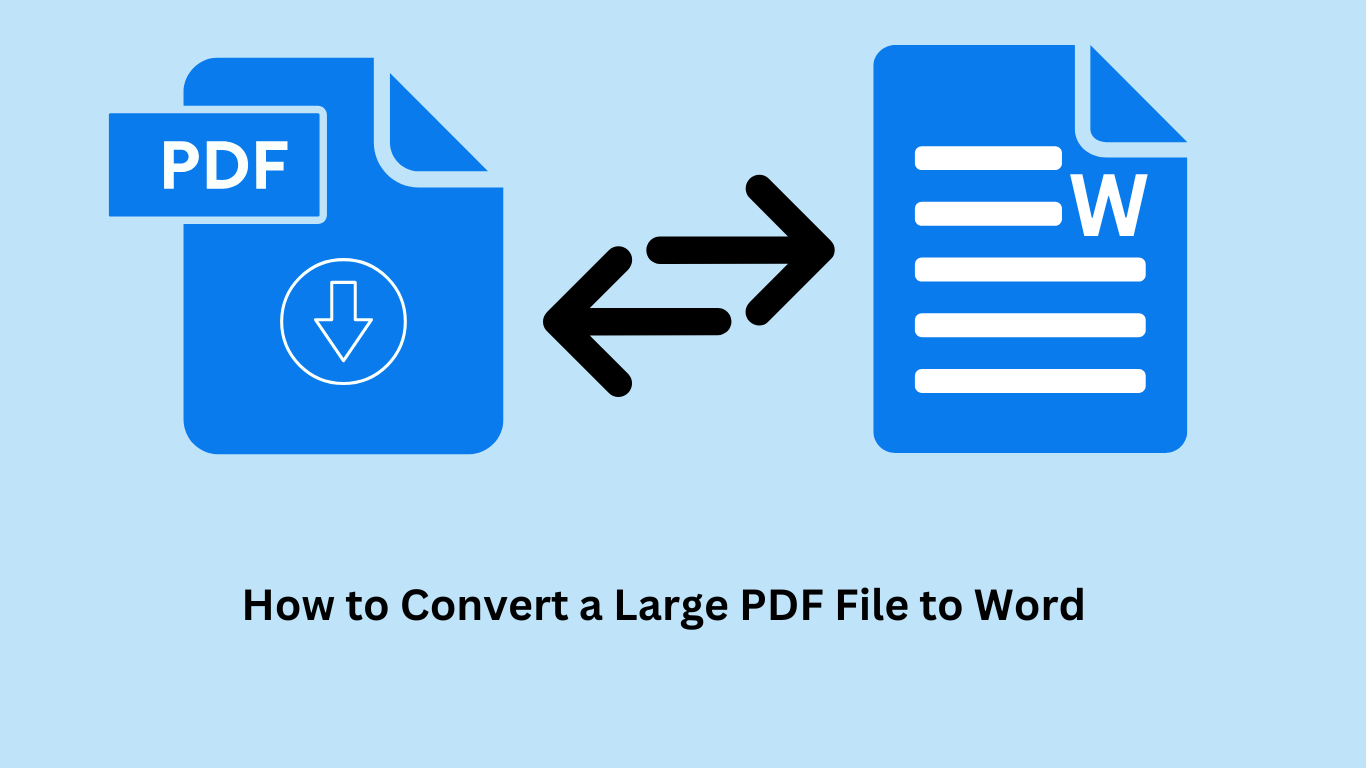Overweight Calculator: Understanding Your Body Weight and Health
Maintaining a healthy body weight is crucial for overall well-being and reducing the risk of various health issues. The Overweight Calculator is a tool designed to help individuals assess whether they fall within a healthy weight range or if they are considered overweight. By using various metrics and methods, this calculator provides insights into body weight status, offering a starting point for making informed decisions about diet, exercise, and lifestyle changes. In this article, we will explore how the Overweight Calculator works, its significance, and provide practical examples to illustrate its use.
Understanding Overweight and Obesity
Before diving into how the Overweight Calculator works, it’s important to understand the concepts of overweight and obesity. These terms are used to describe excess body weight relative to height, which can be associated with health risks.
- Overweight: Typically defined as having a Body Mass Index (BMI) between 25 and 29.9. Individuals who are overweight may have an increased risk of developing health problems, such as heart disease, type 2 diabetes, and hypertension.
- Obesity: Refers to having a BMI of 30 or higher. Obesity is associated with even greater health risks and can lead to more serious conditions, including cardiovascular diseases, certain cancers, and joint problems.
How the Overweight Calculator Works
The Overweight Calculator primarily uses the Body Mass Index (BMI) as a measurement to determine whether an individual is overweight. BMI is a simple calculation based on weight and height. The formula for calculating BMI is:
BMI = weight (kg) / height² (m²)
For example, if someone weighs 70 kg and is 1.75 meters tall, their BMI would be:
BMI = 70 / (1.75 × 1.75) = 22.86
This BMI falls within the normal weight range, which is between 18.5 and 24.9. The Overweight Calculator uses similar calculations to assess weight status and determine if an individual falls into the overweight category.
Using the Overweight Calculator: Examples
Example 1: Assessing a 25-Year-Old Male
Let’s consider a 25-year-old male who weighs 85 kg and is 1.80 meters tall. Here’s how the Overweight Calculator would assess his weight status:
- Calculate BMI: BMI = 85 / (1.80 × 1.80) = 26.23
- Interpretation: With a BMI of 26.23, this individual falls into the overweight category (BMI between 25 and 29.9). This indicates that he may be at an increased risk for health issues associated with excess weight.
Example 2: Assessing a 40-Year-Old Female
Now, let’s assess a 40-year-old female who weighs 65 kg and is 1.65 meters tall:
- Calculate BMI: BMI = 65 / (1.65 × 1.65) = 23.88
- Interpretation: With a BMI of 23.88, this individual falls within the normal weight range (BMI between 18.5 and 24.9). She is not considered overweight based on this BMI calculation.
Example 3: Assessing a 50-Year-Old Male
Consider a 50-year-old male who weighs 95 kg and is 1.75 meters tall:
- Calculate BMI: BMI = 95 / (1.75 × 1.75) = 31.02
- Interpretation: With a BMI of 31.02, this individual falls into the obesity category (BMI of 30 or higher). This suggests a higher risk for obesity-related health conditions and may warrant lifestyle changes and medical advice.
Importance of the Overweight Calculator
Using the Overweight Calculator provides several benefits:
- Early Detection: Identifying overweight status early can help individuals take proactive measures to manage their weight and reduce health risks.
- Guidance for Lifestyle Changes: The calculator can serve as a starting point for developing a personalized plan for diet, exercise, and other lifestyle changes to achieve a healthy weight.
- Health Risk Awareness: Knowing one’s weight status can increase awareness of potential health risks and encourage seeking professional medical advice if necessary.
Limitations of the Overweight Calculator
While the Overweight Calculator is a useful tool, it has limitations:
- Does Not Measure Body Fat: BMI does not differentiate between muscle and fat, so individuals with high muscle mass may be inaccurately classified as overweight.
- Does Not Account for Distribution: BMI does not consider how fat is distributed throughout the body, which can impact health risks.
- Varies with Age and Gender: Different age groups and genders may have different health considerations that BMI does not account for.
Conclusion
The Overweight Calculator is a valuable tool for assessing body weight status and understanding potential health risks. By calculating BMI and interpreting the results, individuals can gain insights into their weight category and take steps toward managing their health. While the calculator provides useful information, it should be used in conjunction with other assessments and professional guidance to achieve a comprehensive approach to health and wellness. Whether aiming to lose weight, maintain a healthy weight, or improve overall fitness, understanding your weight status is a crucial first step in making informed and effective lifestyle changes.



.webp)



























































































































































































































































































































































































.png)













































.jpeg)





















































































































































































